FantasyFlop
January 25, 2016
A few years ago, fantasy sports leagues were the kind of thing that friend groups, frat bros and office workers would all chip in $20 or so and battle the season out against their friends’ carefully chosen player combinations. Starting in 2014, these leagues underwent drastic fundamental changes in the way they were played. We’ve all seen the ads that plague football Sundays and block out basketball games like an eclipse—daily fantasy leagues have been on the come up.
The private corporations Fanduel and Draft Kings have very quickly become the ringleaders of America’s newest billion-dollar industry.
Back when fantasy sports were a season-long commitment, skill was involved. Drafts were held, trades were made and lineups had to be changed regularly for injuries, matchups, and other reasons. These factors made winning a league championship and taking home the cash a respectable feat.
With these new ways of playing, particu0larly the daily leagues, the only restriction is a salary cap when choosing players. This is the point where I believe it becomes more of a game of chance than a game of skill, when that one night’s game is what either leaves you rich or empty handed, most often the latter.
By no means am I saying that season long leagues are non-existent or less legit just because weekly and daily leagues have risen in popularity. What I am saying is that there is something deeply concerning about monolithic private corporations that advertise themselves as if they were lotteries, with the mindset that anyone can be a winner, when the odds are stacked against them and online gambling in general is illegal under federal law.
From here on out I’ll refer to these games as acts of gambling instead of the skill based leagues they feverously claim to be.
Under the 2006 Unlawful Internet Gambling Enforcement Act (UIGEA), all online gambling was banned, but an exception was made for fantasy sports. This is because at the time, the only form that existed was the season long format, which was deemed to be more of a skill game than a game of chance.
The main rebuttal that these billion-dollar companies use when they come under legal scrutiny, particularly in early November 2015 when New York state attempted to ban daily/weekly leagues, is that they are protected under the UIGEA, which is a huge stretch of the imagination. The act itself does not differentiate between season long and daily simply because daily was not even a fleeting thought at the time the law was passed.
It just doesn’t sit well with me that these two gigantic companies have such extensive influence. The MLB has an equity stake in Draft Kings. The NBA has one in Fanduel. Nearly every NFL team has advertising deals with one or the other, even our beloved, hardworking, unsuccessful hometown Bears.
Federal law gives all states rights over their gambling regulations. Nevada, for example, despite being famous for gambling with the metropolis of Las Vegas, banned both Draft Kings and Fanduel in Oct. 15, 2015. Illinois Attorney General Lisa Madigan has spoken out against both companies, and the gears of our judicial system are starting to turn, but I think we need to speed up this process and follow Nevada’s footsteps. Even better, we could invoke our congressmen to pass an amendment on the federal level to improve and modernize the UIGEA.
These companies masquerade as fair and square entertainment services as they turn people’s pockets inside out on a daily basis. Neither company has ever formally released definite percentages or ratios of winners to losers, but my generous estimate would be that 80-percent of customers have never won a cent back.
For fantasy sports to survive, I believe they have to take a good while to reflect on where they’ve been and maybe take some more steps to interject skill back into the game. If Fanduel and Draft Kings have the brass to say that clicking a few buttons on a screen for the chance to win money isn’t gambling, then I guess pulling slot levers isn’t, either.




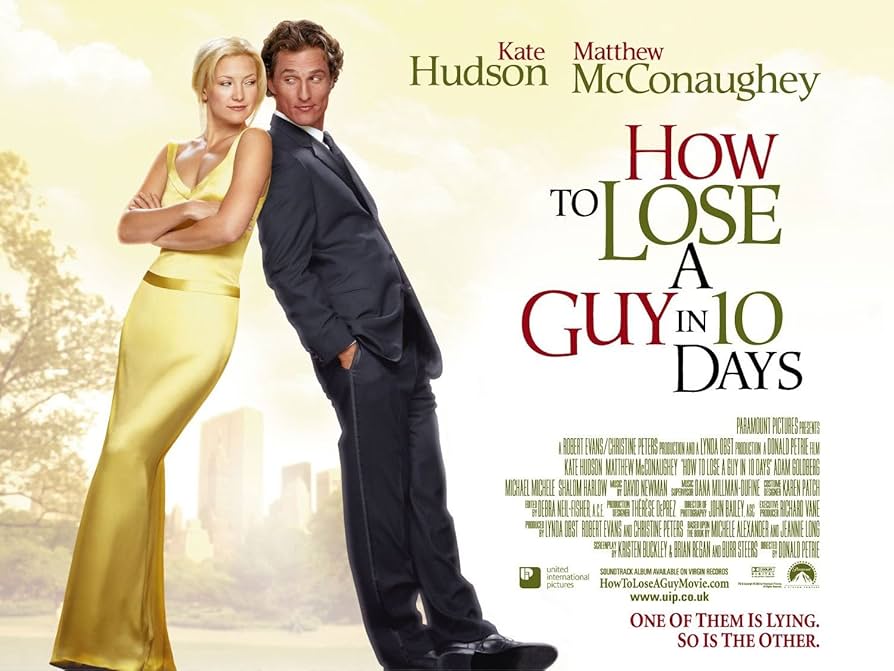
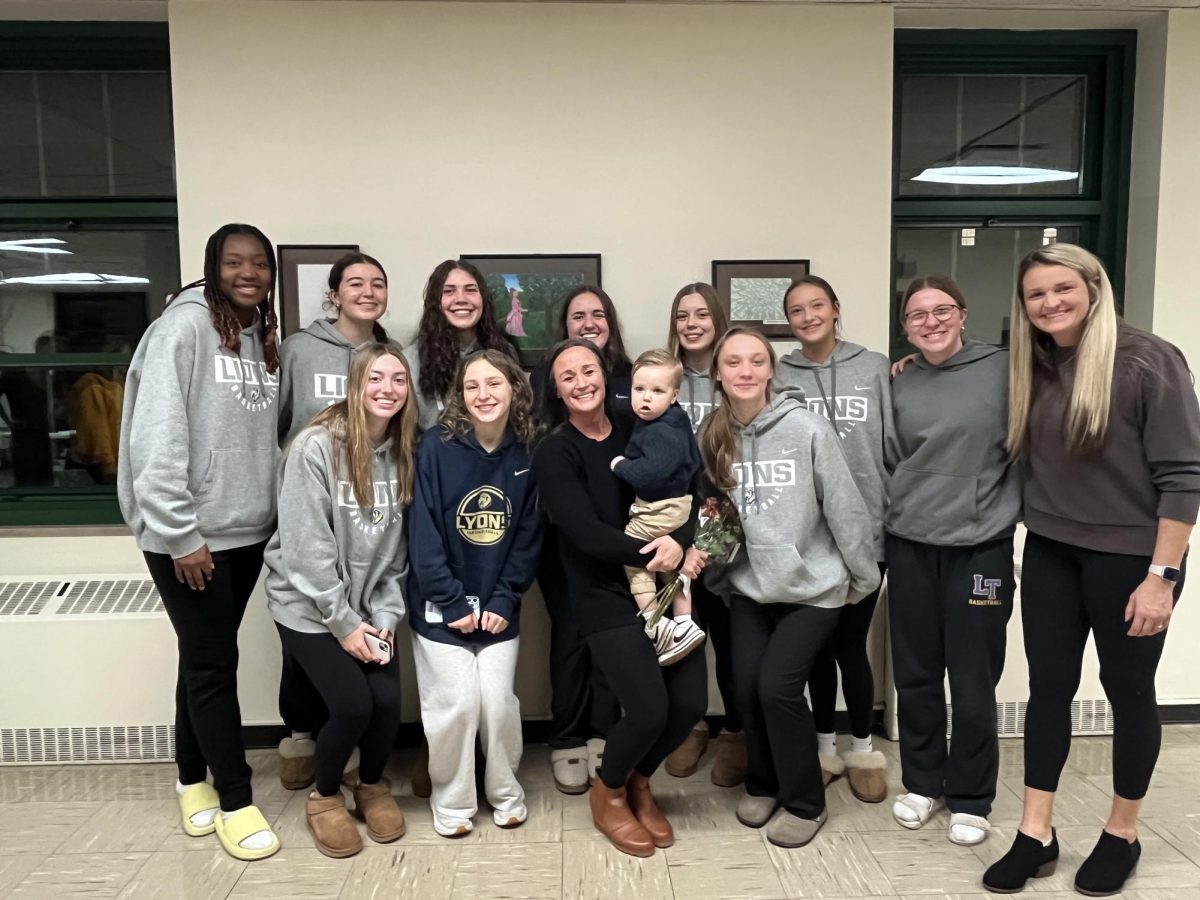


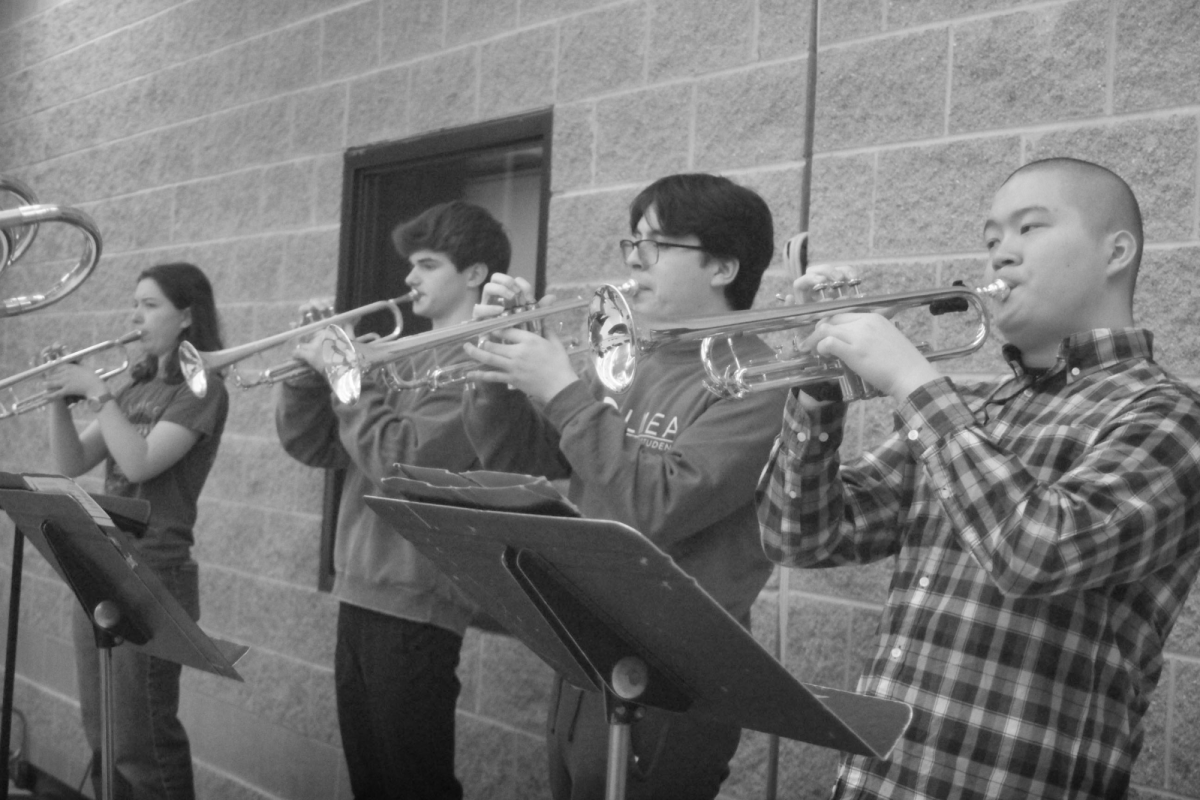


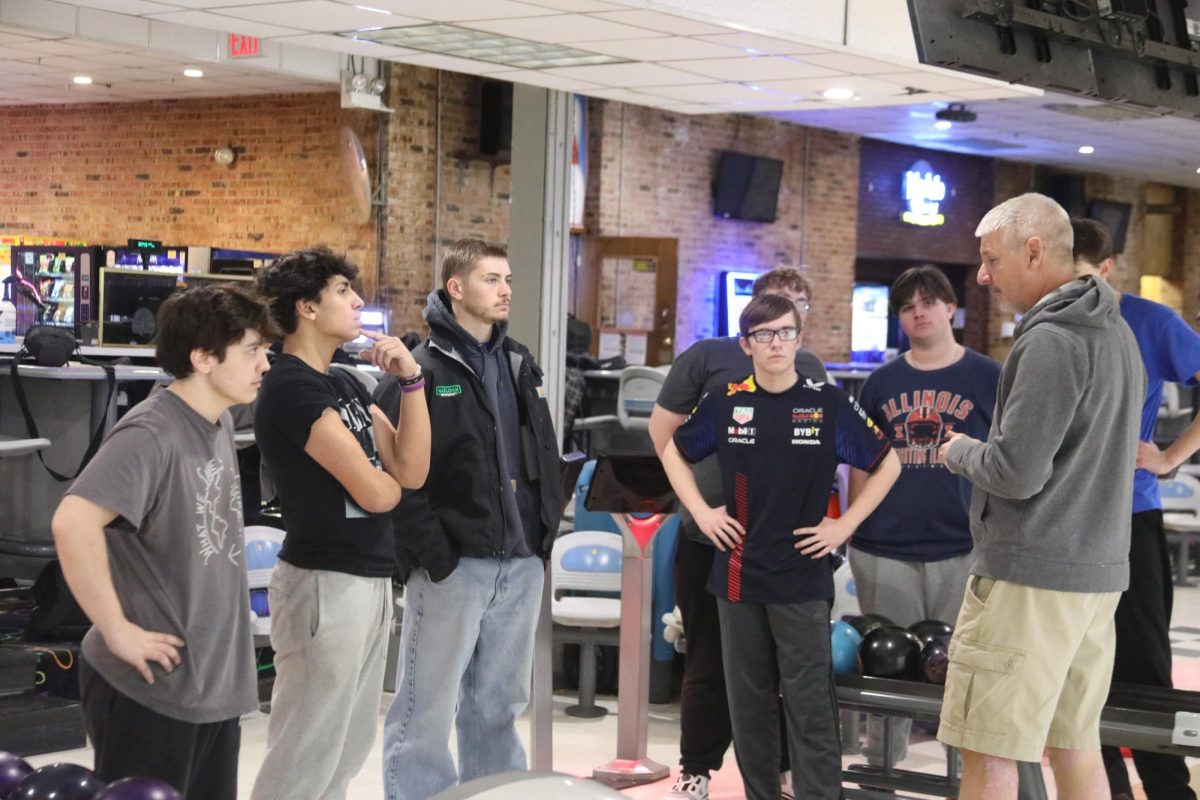







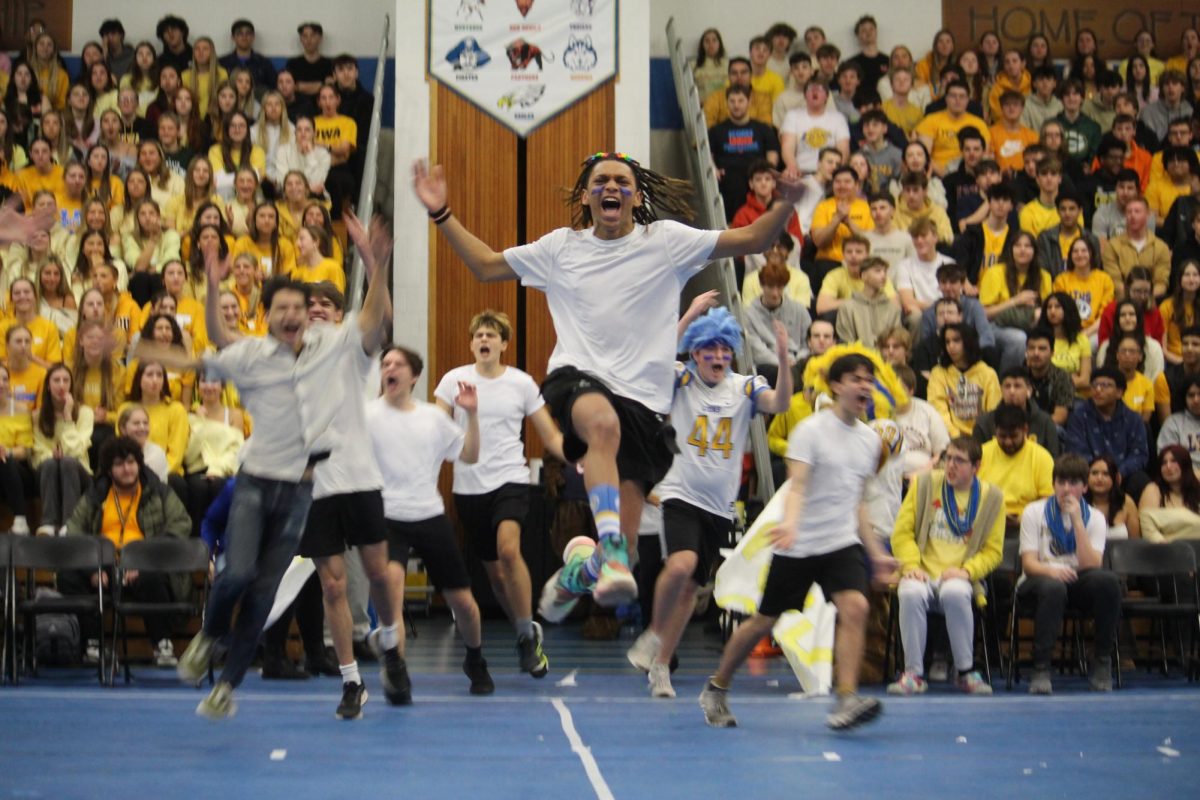


![Movie poster for '[Rec]" (2007).](https://www.lionnewspaper.com/wp-content/uploads/2023/04/rec-640x900.jpg)
